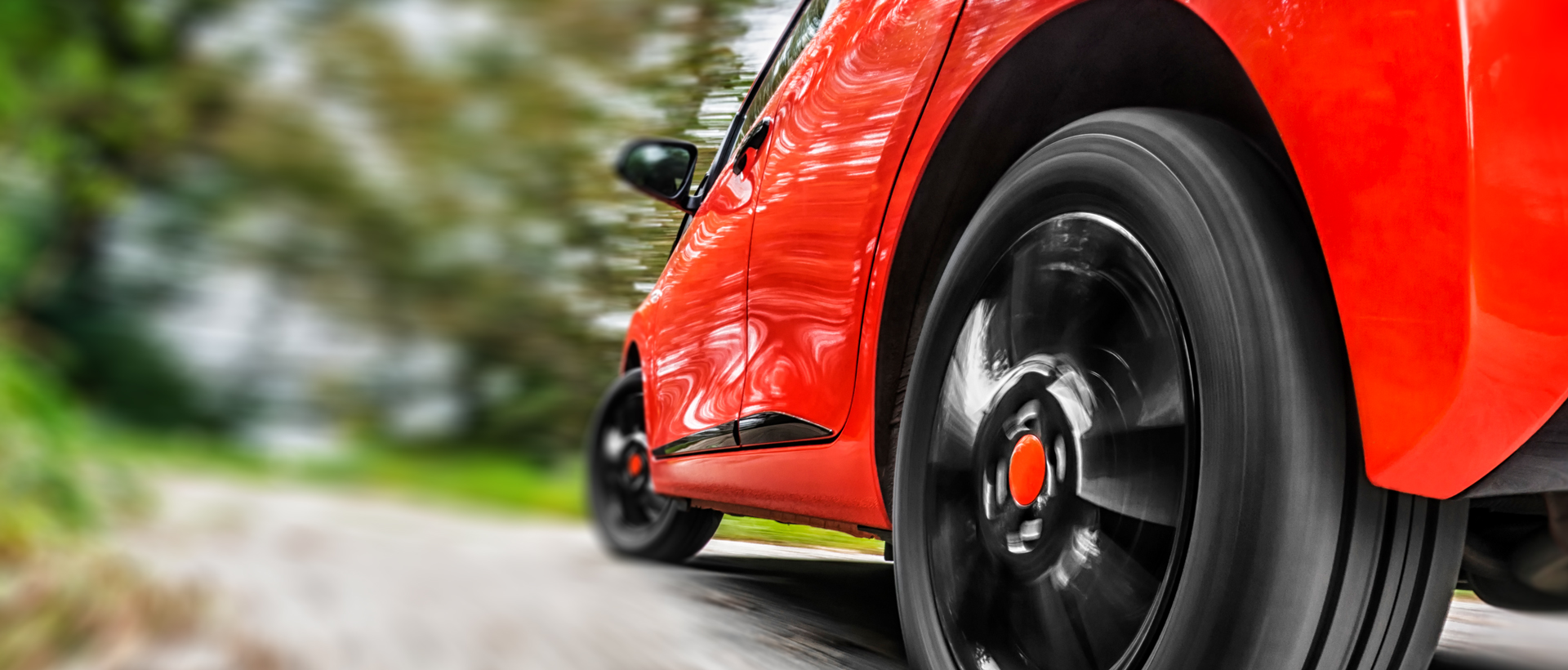With restrictions lifting many people are getting out and about. Whether it’s part of their daily routine, such as driving to work, driving to buy groceries or driving on a long road trip, it’s always a good idea to have your vehicle in tip-top condition. Here are a few ways to get your car road ready.
Pay attention to your vehicle
Our vehicles are a precious item, after all, they don’t come cheap and we use them as a transporting vessel not only for ourselves but for our families too. That’s why it’s so important to pay attention to your vehicle and listen and look out for any out of character signs – because there’s nothing worse than sitting on the side of the road with a car full of impatient kids waiting for roadside assistance to arrive. No matter how new or old your vehicle is – or how long or short your drive is – you should always treat your vehicle like a person and regularly check if it’s in good working order. If you think it’s time for a change or upgrade, take a look at our car loans.
Organise routine checks
If you’ve got a memory like an elephant, organise a time every few months to conduct routine checks on your vehicle. If your memory isn’t so sharp, mark some time in your diary to remind yourself to give your vehicle the love and care it deserves. When the engine is cold, do all the usual checks, such as inspecting the oil, brake and power steering fluids, and engine coolant transmission fluids. It’s also wise to look under the car for obvious leaks because if you are driving with leaking fluids it may cause problems or failure related to your steering, braking or radiator. And when it comes to getting behind the wheel, it may be stating the obvious but check the whereabouts of all little people and pets before you take off.
Make light of every situation
Checking all the lights on your vehicle – internally and externally – is a crucial check to make. Ensure your vehicle’s indicators, low and high beam headlights, brake lights, reverse lights, fog lights, hazard lights and warning lights are all working. If you don’t have another set of eyes to help you out, reverse up to a reflective surface or take it to a mechanic – most will check this as part of their safety and service check.
Check your tread
Your car’s tyres are the closest thing between you and the ground, so regularly check the state of them. And yes, this means checking the condition of the spare tyre hidden in the boot too. Unnecessary delays and disruptions can be caused by a blown tyre – and that’s the last thing anyone needs. It’s best to conduct these checks when the car is cold and hasn’t been driven. Check the recommended pressure and tyre tread of at least 1.5 millimetres. If your vehicle’s tyres are less than that, it can reduce your grip levels while driving on the road, increase the distance it takes your car to stop, and increase the chance of sliding out in wet conditions.
Get a clear view of the road ahead
Like many vehicle parts, wiper blades wear away over time due to weather conditions and continuous use. Sun, oil, airborne debris and moisture can all play a part in aging your windscreen wipers. So, if your car’s windscreen wipers start to squeak, skip, streak, smear or split then it’s most likely time to change them for new ones. It’s so important to check them regularly or at least every six months because over time they dry up and don’t do the job of clearing your windshield properly.
Sort out the paperwork
It’s illegal to hit the road without rego and insurance, so be sure your rego is valid and your motor vehicle insurance cover is up-to-date. If you plan on taking a long road trip, you want to be prepared for the worst so you can feel confident in knowing you’re covered in case you have a road mishap or damage your car along the way. And if you’re crossing borders or travelling in unfamiliar terrains, check local road rules and make sure you’re aware of varying driving conditions and any border closures that may still be in place so you can best prepare for your journey.
Insurance issued by Insurance Australia Limited ABN 11 000 016 722 AFSL 227681 trading as CGU Insurance. Any advice is general only. Consider the relevant PDS available from cgu.com.au to see if a product is right for you
Last updated: 22 June 2020
The information contained in this article is only correct at the point of time of publication. It is general information and has been prepared without taking into account your personal circumstances, objectives or needs. Please consider if this information is right for you before making a decision to acquire any product.

 1300 13 22 77
1300 13 22 77